Description
Let’s Hear It for the Horses
by Tricia Knoll
Third Place Winner of The Poetry Box Chapbook Prize, 2021
Horses and humans go back in time with each other thousands of years. A young girl’s love for horses or a particular horse is the stuff of legends, bestselling novels, and movies. In Let’s Hear It for the Horses, Tricia Knoll’s poetry explores her lifelong fascination with these strong and sometimes symbolic creatures and shares stories and memories of her best rides.
ENJOY A VIDEO OF TRICIA READING FROM THE BOOK:
Tricia Knoll — A Featured Poet on The Poetry Box LIVE (January 2022)
About the Author

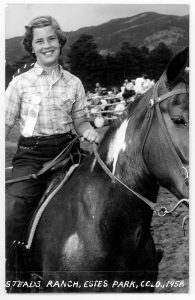 “A horse. A horse. My kingdom for a horse!” cried King Richard the Third. Tricia Knoll’s father thought this as a child until his practical father detailed the costs and suggested he rent one. Which he did, at Colorado dude ranches. On weekends in suburban Chicago to ride hell bent on trails through cornfields. Her father did everything he could to make sure Knoll loved horses too. Summer horse camps. Riding with her dad in Rocky Mountain National Park summer after summer. Sometimes riding at mad gallops with the suburban men. Horse shows and rodeos. He was at his best in his cowboy boots and pearl snap-button Western shirts.
“A horse. A horse. My kingdom for a horse!” cried King Richard the Third. Tricia Knoll’s father thought this as a child until his practical father detailed the costs and suggested he rent one. Which he did, at Colorado dude ranches. On weekends in suburban Chicago to ride hell bent on trails through cornfields. Her father did everything he could to make sure Knoll loved horses too. Summer horse camps. Riding with her dad in Rocky Mountain National Park summer after summer. Sometimes riding at mad gallops with the suburban men. Horse shows and rodeos. He was at his best in his cowboy boots and pearl snap-button Western shirts.
Knoll has degrees in literature from Stanford University (BA) and Yale University (MAT). She taught high school English. Edited a newspaper for elementary students. Served as Public Relations Director for Portland, Oregon’s Children’s Museum. Acted as the Public Information Officer at the Portland Water Bureau and went to New Orleans as an emergency responder following Hurricane Katrina.
Knoll retired in 2007 to write. Her poetry collections address interactions of wildlife and humans in urban habitat (Urban Wild); people and creatures on an organic farm in Washington State (Broadfork Farm); change in a small town on Oregon’s northern coast (Ocean’s Laughter); her understanding of white privilege (How I Learned To Be White); and relationships that sometimes go askew (Checkered Mates). How I Learned to Be White received the 2018 Human Rights Indie Book Award for Motivational Poetry. She is a contributing editor to the online journal Verse Virtual. For more information, visit triciaknoll.com.
Knoll lives in the woods of Vermont. Stables for dressage horses, a herd of pintos, and a one-horse family barn are less than a quarter mile in any direction. She smells them on warm days.
Early Praise for Let’s Hear It for the Horses:
If you know your totem animal is Horse, you’ll see these gentle giants everywhere—in the history of war, on gas-station calendars, haunting memories of harvest, a father’s fall, and your own hand’s memory of dusty withers. These poems will take you into a life enhanced by horses, as every life should be by something friendly but not defeated.
—Kim Stafford, author of Singer Come from Afar, Oregon Poet Laureate Emeritus
It’s a great pleasure to browse this collection, just as Tricia Knoll’s horses browse the field, looking for new, green blades of grass. She writes in the fine tradition of Maxine Kumin, and like that earlier poet, even has a poem for a horse named “Jack”. Full of the breathtaking observations of the horse lover, Knoll takes the reader close to real and imagined horses—close enough to feel the tickle of their whiskers or notice the green spit on their lips. She also shares stories of the father who died before she was grown, but who guided her into life by taking her as a child on trail rides, or to see the Lipizzaner horses. You don’t have to know horses to love these poems; they can serve as a generous introduction to the joy and sadness that canters in the air beside them.
—Judith Barrington, author of Long Love: New & Selected Poems, 1985–2017
This book, with craft and saddles and the warm breath, takes me into my past, one horse-girl to another. Tricia Knoll has found her inspiration on horseback, in the giddy-up, and the pure wild gold, until the dangerous day I die. The naming of horses in “Roll Call” just about takes my breath away.
—Joan Logghe, Santa Fe Poet Laureate Emerita
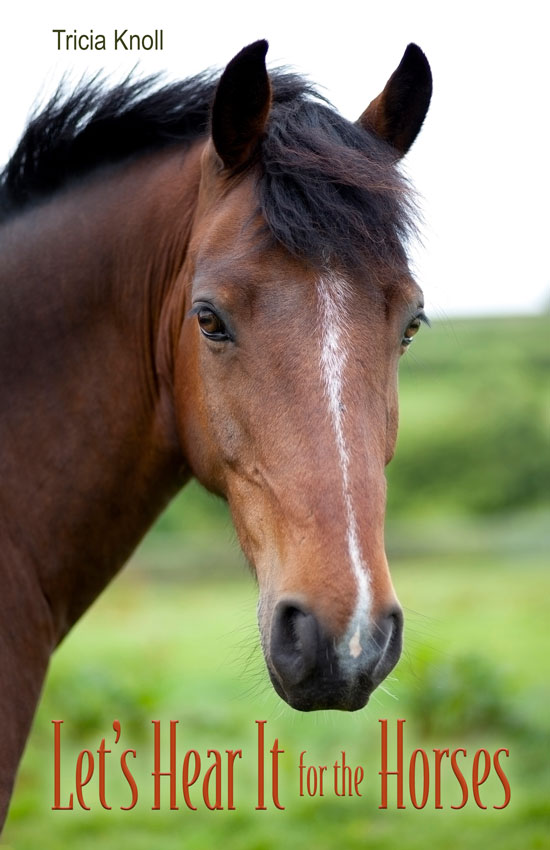
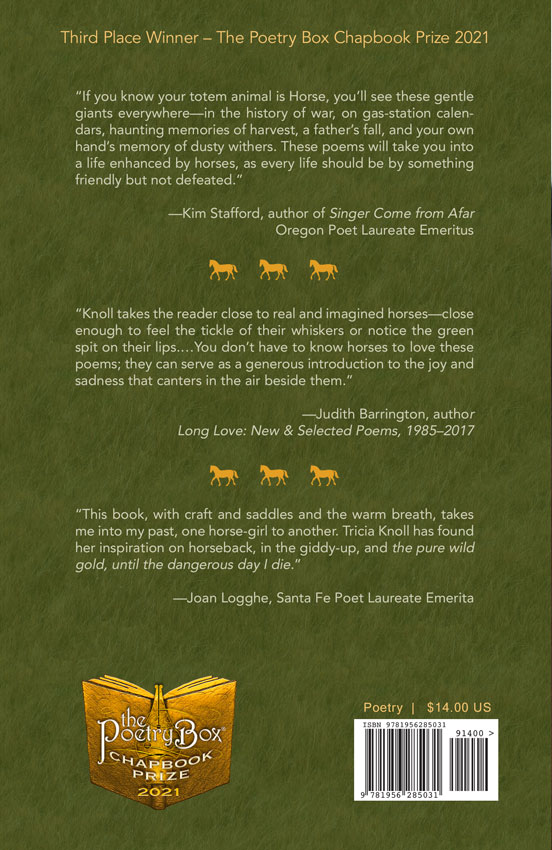
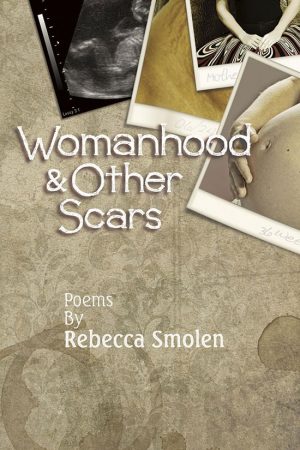
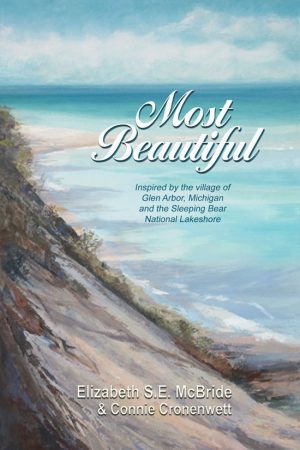
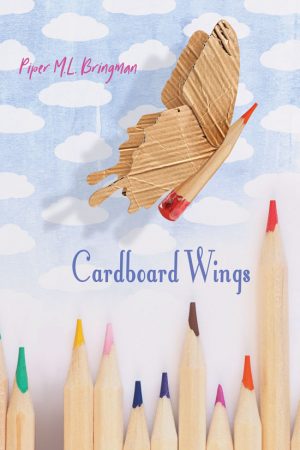
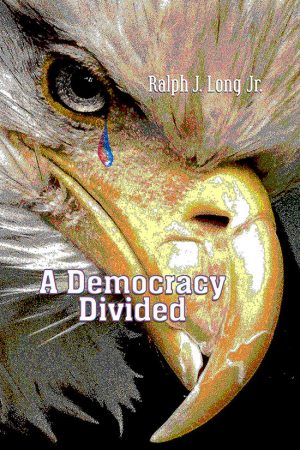
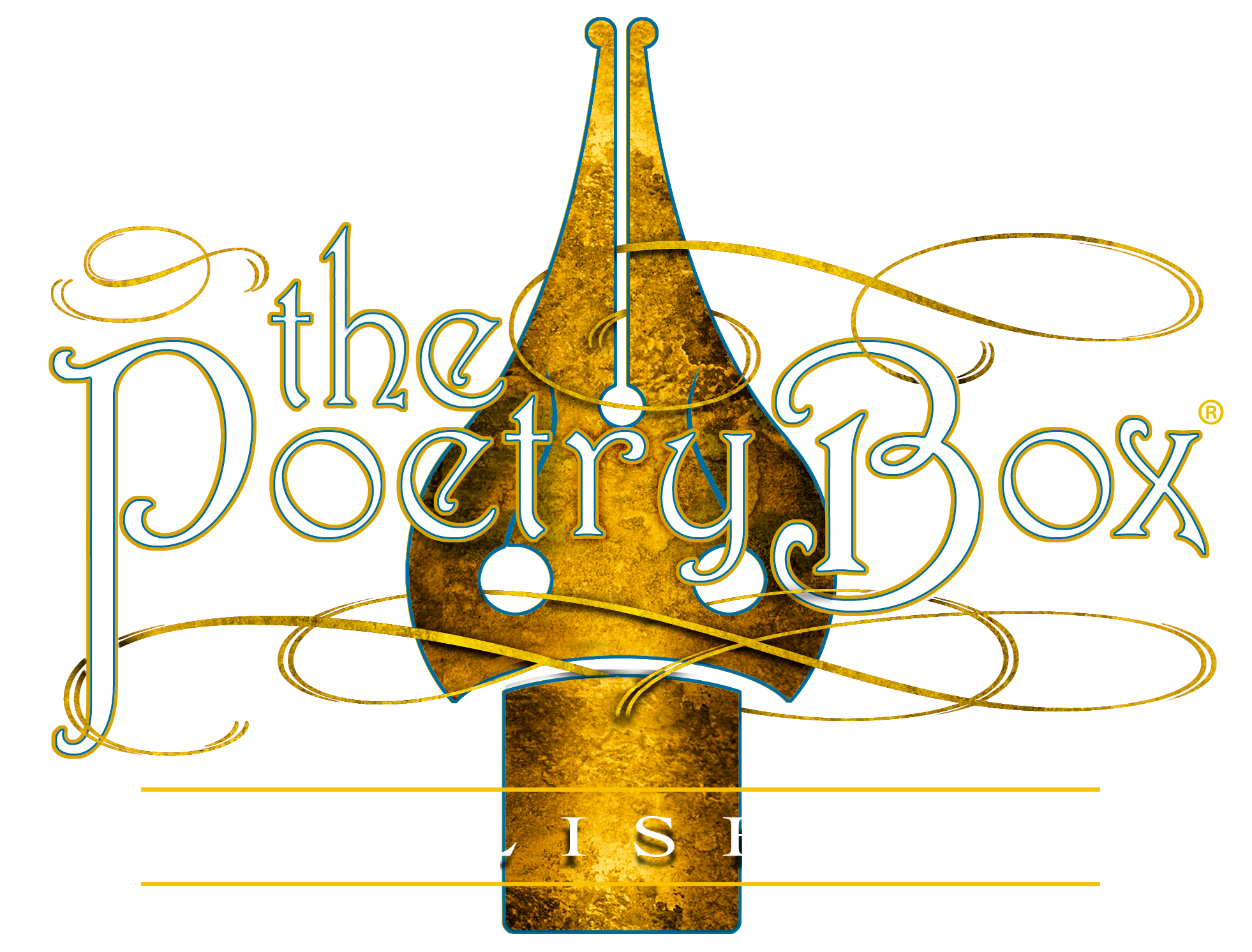
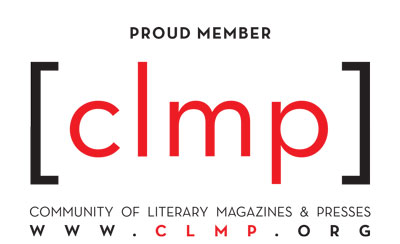

Pattie Palmer-Baker –
Indifferent to horses? You won’t be after reading Let’s Hear It for the Horses, by Tricia Knoll. You will discover the love possible between horses and people, specifically Tricia, a gifted poet who respects, admires and loves these animals, not just for their arresting physical qualities, although there is that
Buddha’s white stallion …
loaded pack horses with blond manes …
the haunchy gold draft horse lowers down …
but also for their service to us. Over and over again, Tricia writes of how we have benefited from them, how great their service to us has been from the gentle horse she rode as a young girl learning to ride:
Horse mad, I kick my cowgirl boots
On horse that would not trot
A nameless paint I loved
to Jack,
the retired cowpony, with gray age-spots
and the sharp backbone ridge of a smart horse
who had sorted cows, rode fences, twisted around barrels
and for their ultimate sacrifice in a war
One million dead in the Civil War
If you count the mules
Which I do
Tricia’s reverence and gratitude are revealed in the next lines
Black or white, male
or female. Their integrity
is without question
They did the work
they were asked to
without a nod at glory.
In five three-line stanzas with an economy of well-chosen words, she gives a moving tribute to animals we have taken for granted. After reading this poem, the reader realizes just how apt is the title Let’s Hear it for the Horses. My favorite lines of this poem:
I say let’s blowtorch the rebel statue
Men off their mounts and keep
The horses striding on their pedestals.
The horses deserve the pedestal; they gave without asking, without taking sides.
Beyond their service and sacrifice, Tricia portrays them as creatures worthy love and admiration.
My hand up to the mare’s nose,
She blows back warmth.
I pick crud from mudded hooves
That once split thunder
I comb her winter coat.
Never having rode her bareback
Doesn’t matter now,
When she sniffs my palm
Her whiskers tickle.
Her love shines through with such well-chosen specific detail:
crud from mudded hooves; her whiskers tickle.
Tricia also gives homage to the mare’s past magnificence in the metaphor that contrasts so beautifully the mudded hooves with the hooves that once split thunder.
Tricia knows her way around language. Listen to the rhythm and sounds in this line:
Humble draft horses clopping over the cobblestones
Or notice how she creates images that rocket to your perception:
A gallop up
The haggard slice of ice moon
Feeling our feet
Stampeding feet
On nimbus turf
This is the way Tricia would like to die, on one of her favorite horses rising up, rising up, her braid and the mare’s tail flying behind them. Yes, the moon is old and unlovely but they ride on a luminous cloud of their own making.
I particularly enjoyed how she used horses as an avenue to make meaning in her life and in our lives. Again, I cite from Jack
The wrangler said not to mind Jack’s battle scars,
The hairless spot mid-back, that gray-black scab
Where a saddle scored his spine
Jack is a good boy, she said, full of spunk.
His head down serenity under my touch
The gas passed, a lean to my brush.
He was all cowponies, now he is not one
But with me also one.
Isn’t this a way for all of us to age? To know we have done our jobs well and to relax into retirement and let ourselves be loved?